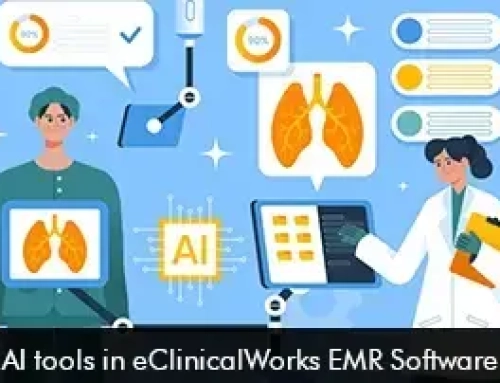The contract includes services for clinics, hospitals, mental health facilities, continuing care facilities, and community health sites.
Alberta Health Services (AHS) is finally ready to lay the basis for a system-wide Electronic Health Record from the Wisconsin-based EHR vendor Epic Systems. The announcement came nearly after a year of consultation with numerous physicians, medical staff, and patients.
AHS currently operates 400 healthcare facilities across one of Canada’s western provinces. The services include hospitals, continuing care facilities, clinics, community health sites and mental health facilities.
Interestingly, instead of referring to the Health IT system as an EHR, the executives at Alberta Health Services executives are referring to it as CIS, which stands for Clinical Information Systems. Also, AHS executives have further named the CIS “Connect Care.” Per reports, the initial work will be beginning soon and may continue over five years.
It has also been reported that the health care authority currently operates more than 1,300 Health IT and most of them are either outdated or unconnected and very expensive to maintain.
AHS President and CEO Verna Yiu stated on their website that the CIS would be serving as a hub that would be accessed by both the patients and the care providers. The CIS would be accessible in all clinical care fields on the provider side. This includes ambulatory clinics, continuing care centers and even hospitals. Through EPIC’s My Chart Patient Portal, access will be given to patients of their health information and they will also be able to set their appointments.
It was also revealed that the AHS Provincial CIS will be further supporting Connect Care, which is an AHS-led initiative aimed at transforming healthcare delivery in the entire province.
IN an interview posted on the company’s website, Clinical Information Systems Senior Program Officer Barb Kathol said, “Healthcare providers will have consistent tools to use with patients and families. They will be able to see a consolidated problem list and understand the patient perspective. They’ll be able to have clinical knowledge support as they’re providing care and will also eventually have data about our health system that we don’t currently have.”








